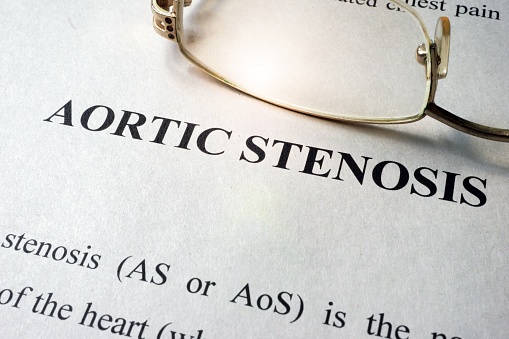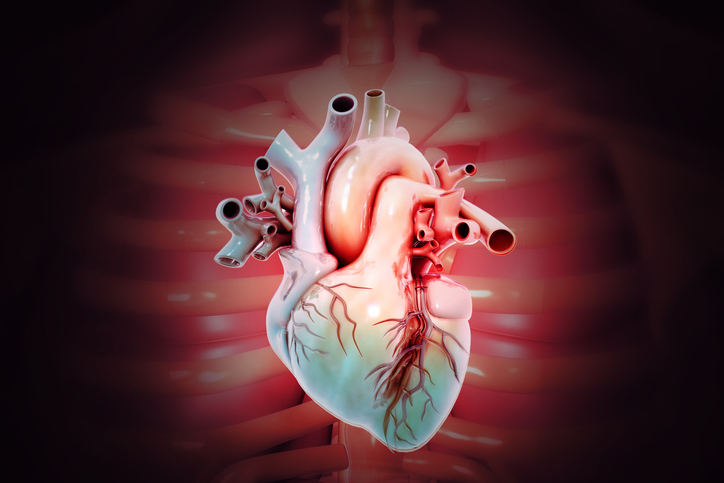
A JAMA Cardiology study found that asymptomatic patients with moderate aortic stenosis (AS) undergoing standard symptomatic and echocardiographic follow-up may not be exposed to an increased risk of mortality.
“Modern data regarding incidence and modes of death of patients with AS are restricted to tertiary centers or studies of AVR,” the researchers wrote.
In this large regionwide population study, researchers assessed 2,703 consecutive outpatients with mild (peak aortic velocity, 2.5-2.9 m/s), moderate (peak aortic velocity, 3-3.9 m/s), and severe (peak aortic velocity, ≥4 m/s) native AS between May 2016 and December 2017. The primary outcomes were natural history, need for AVR, and survival of patients with AS. Study analysis took place between August and November 2020.
Following analysis, the results showed that 42.7% had mild, 41.5% had moderate, and 15.8% had severe AS. During a median of 2.1 (1.4-2.7) years, 634 patients underwent AVR and 448 died prior to AVR. Most deaths were cardiovascular (200 [44.7%]), mainly associated with congestive heart failure (101 [22.6%]) or sudden death (60 [13.4%]). Deaths were noncardiovascular in 186 patients (41.5%) and from unknown causes in 62 patients (13.8%). Compared with patients with mild AS, there was increased cardiovascular mortality in those with moderate (hazard ratio, 1.47 [95% CI, 1.07-2.02]) and severe (hazard ratio, 3.66 [95% CI, 2.52-5.31]) AS. The differences remained significant when adjusted for baseline characteristics or in time-dependent analyses considering AS progression, the researchers noted.
The researchers concluded that: “While patients in this study with moderate AS had a slightly higher risk of cardiovascular death than patients with mild AS, this risk was much lower than that observed in patients with severe AS. Moreover, in asymptomatic patients, moderate and mild AS were associated with similar cardiovascular mortality.”







 © 2025 Mashup Media, LLC, a Formedics Property. All Rights Reserved.
© 2025 Mashup Media, LLC, a Formedics Property. All Rights Reserved.